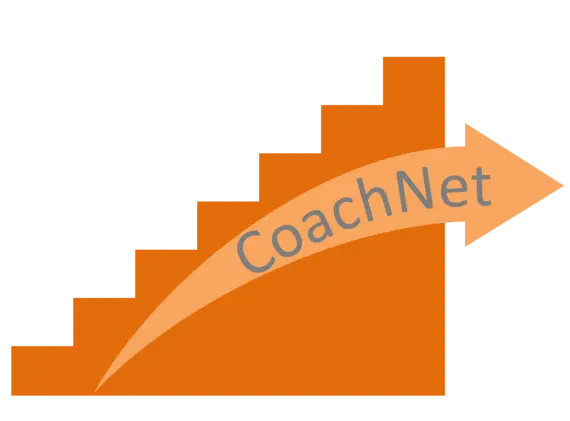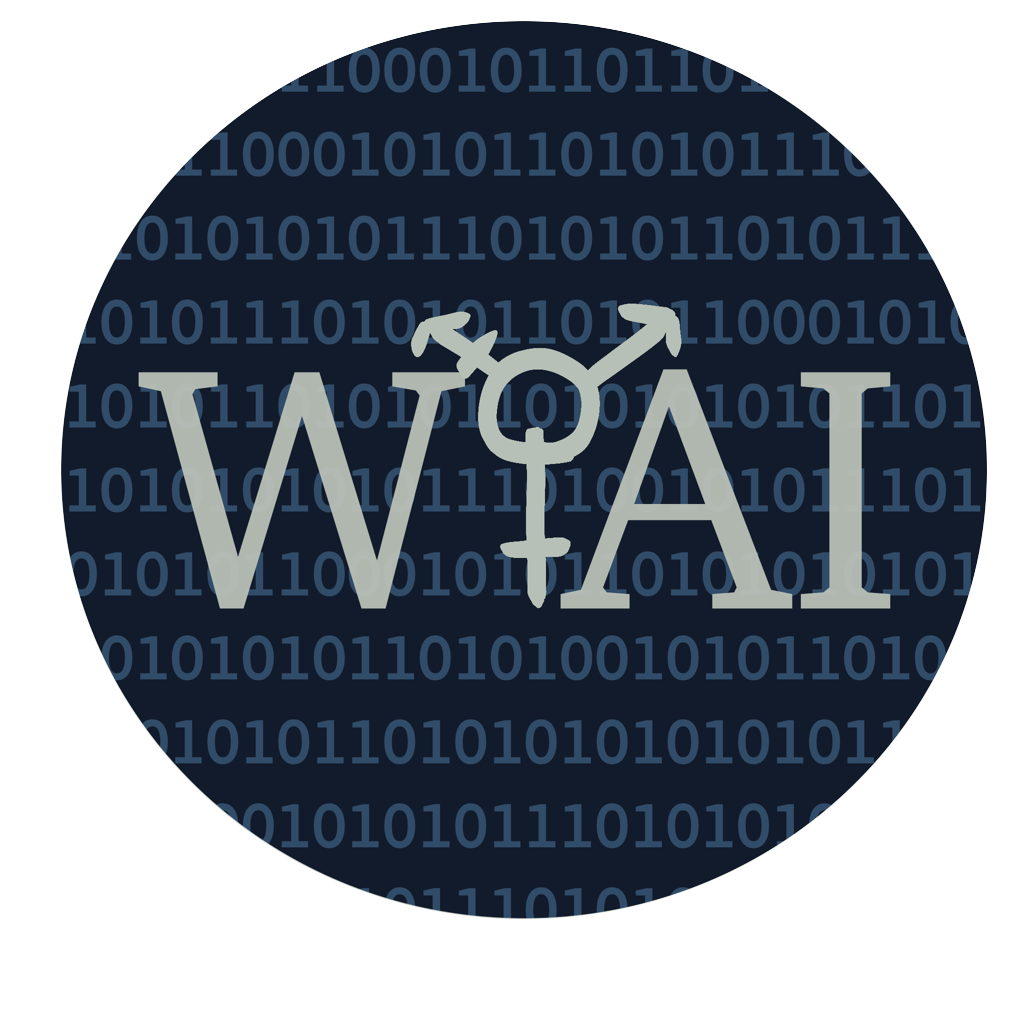
Research Project "Coaching Network" (CoachNet)
Individual Coaching and Networking during Studying and in the Professional Field of Computer Science
Silvia Förtsch, M.A., Project leader
Carina Gosling, Student assistant
in cooperation with Ute Schmid, Deputy Faculty Equal Opportunity Officer WIAI
Project description and objectives
Funding period: 01.07.2017 - 30.06.2020
Due to the high level of interest in the project "Career Coaching in MINT", the idea for the follow-up project "CoachNet" was born, in which, in addition to individual coaching, there is a networking offer between professionals, students and career starters. Women are the primary target group, as the need and necessity was identified here. In order to meet all potentials, interested men can also participate in the programme.
In order to compensate for the lack of skilled workers in the future, the labour market needs computer scientists of all genders more than ever. The incorporation of resources should lead to economic growth in the long term and strengthen people in their professional position. This requires services and preconditions at the societal and educational policy level as well as on the part of companies that enable people, especially women, to take advantage of career opportunities. Actions such as coaching are useful so that people learn to better assess their skills and competences. The emphasis is on young women, who should be empowered to recognise career opportunities and achieve career goals. On the part of companies, conditions are necessary, such as flexible working time models, improved measures to reconcile family and work, better earning positions, etc., which are aimed at increasing women's participation in the labour market.
This is where "CoachNet" comes in. The experiences from "Career Coaching in STEM" have shown that individual coaching helps to become aware of one's own professional interests and strengths. The participating women expressed in conversation that they would have liked to have had a corresponding coaching programme during their studies. The need for coaching also became clear through expressions of interest from female students who would like to participate in coaching. Therefore, two female students were accepted into the current programme in a pilot phase. It became apparent that the Bochum Inventory for Job-Related Personality Assessment (BIP) is suitable for analysing potential, but that the coaching interview requires a somewhat different approach in order to be able to respond to the needs of the participants. The target group of the project is people who are in the middle to end of their studies or about to enter the labour market.
Topics for coaching for the target group of students:
- Setting priorities during the degree programme
- Relevance of practical experience and experience abroad
- Application training
- Time and self-management
- Rhetoric and self-confident appearance
- Dealing with stress
- Dealing with blockades/ exam nerves
- Strengthening self-esteem
Other topics that are relevant for the target group of young professionals:
- Work-life balance
- Burnout
- Career planning
- Networking
- Negotiating
In addition to individual coaching, a network is to be established that will enable students and graduates in different phases of their studies or in the initial phase of their careers to exchange ideas and provide mutual assistance. The development of a mobile website is planned, which will link students with students and graduates with graduates within the individual groups. In addition, people such as professionals and managers will be approached to share their professional experiences, almost like mentors. This is to be done easily, flexibly and quickly by means of an application. Participants create their own profile, without a photo (Antidiskriminierungsstelle des Bundes, 2016), with the most important information about themselves and their networking interests.
For undergraduate and graduate students, for example, the following information may be considered:
- Study programme
- Study specialisation
- Semester
- Internships during studies
- Experience abroad
- Life situation (age, marital status, number of children)
- Professional orientation (industries and fields of activity)
- Professional goals (specialist career, management career, etc.)
For mentors, for example, the following information can be considered:
- Study programme
- Study specialisation
- Professional experience
- Experience abroad
- Life situation (age, marital status, number of children)
- Professional situation (branches and fields of activity)
- Working hours
- Workplace organisation
- Range of personnel development measures
- Professional position (specialist, management position, etc.)
- Other career goals
- Opportunities for promotion within the company
By sharing experiences via the mobile website, new contacts develop and reference groups are formed that can assist each other. Depending on the preferences of the participants, filters such as the region, gender or degree programme of the person being sought can be selected.
As the last component of the coaching network, workshops are offered once or twice a year to which students, junior staff, specialists and managers are invited. On the one hand, students can report on their experiences from their studies, internships they have completed, experiences abroad or working student activities. The focus is on illustrating which knowledge and competences have been acquired in addition to their studies. On the other hand, specialists from the IT industry will address topics such as development opportunities within the company, barriers that may hinder career development or experiences in balancing family and career.
By pursuing the participants' goals, new perspectives arise that can be discussed in further meetings. As a result of the establishment of the network, there is the possibility to track the women in their career development in the longer term. Due to the networking offer, there is a chance that people who are in a similar situation can exchange ideas. The planned workshops in the newly created project will be based on themes that have emerged in coaching conversations so far and will emerge in the future. Participants will be able to reflect that they are not alone in their perceptions and challenges. This is intended to strengthen the motivation to look for solution strategies together and to support each other.
In order to test the effectiveness of the project, a questionnaire on competences, self-efficacy expectations, professional orientation and goals is sent out before the coaching measure, the use of the mobile website and the participation in lectures and workshops. The participants also have the opportunity to network via the website or to take advantage of the offers for lectures and workshops. After about three months and one year after the coaching measure, the competences, self-efficacy expectations, professional orientation and professional goals are surveyed again and enquired about which networking offers were taken up. To compare the treatment group, students who did not participate in the coaching project are surveyed.
The project is funded by the Adecco Foundation, the Rainer Markgraf Foundation, the Technology Alliance of Upper Franconia (TAO) and the Upper Franconia Foundation.




